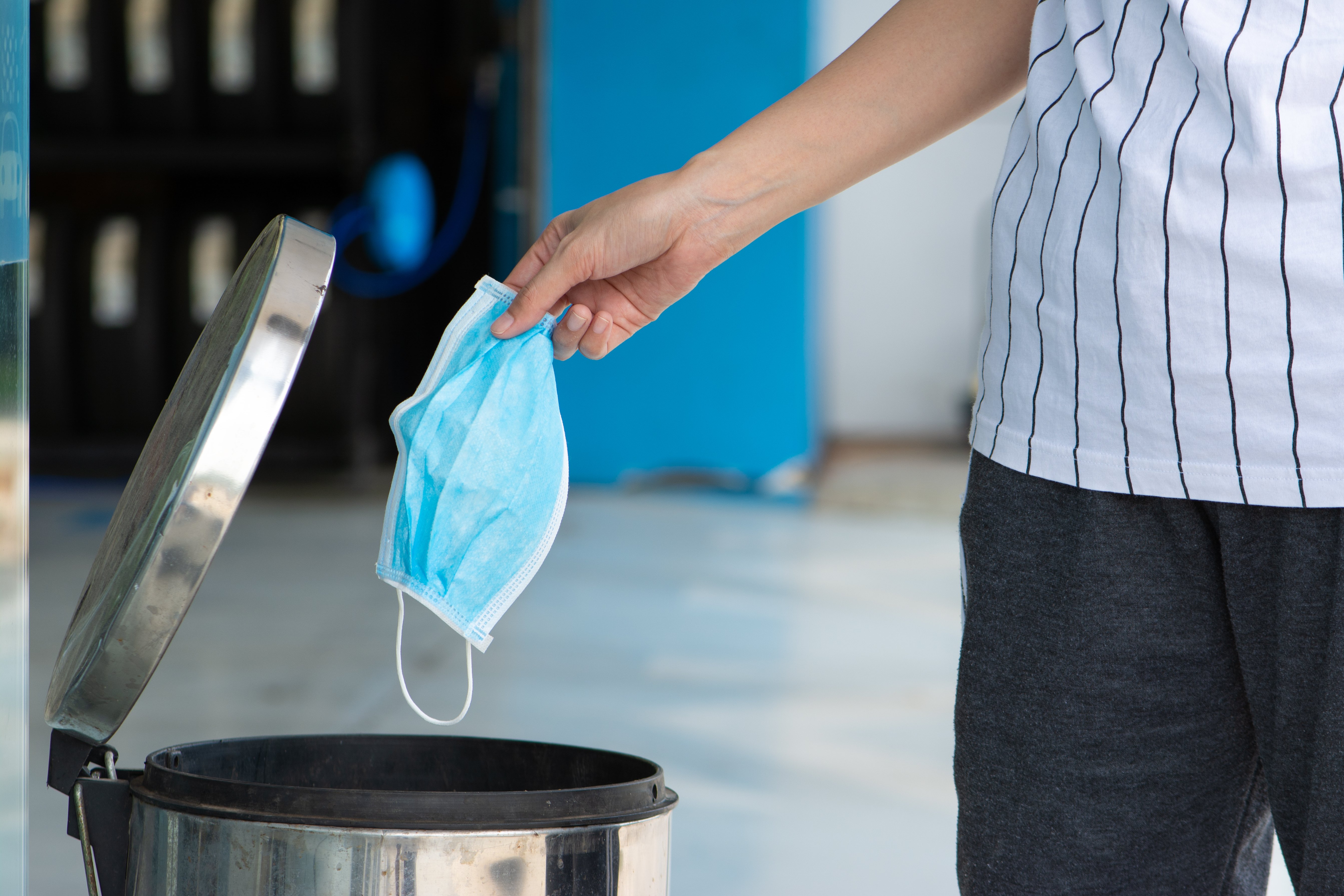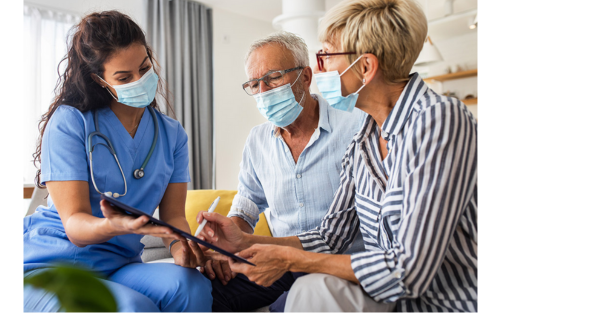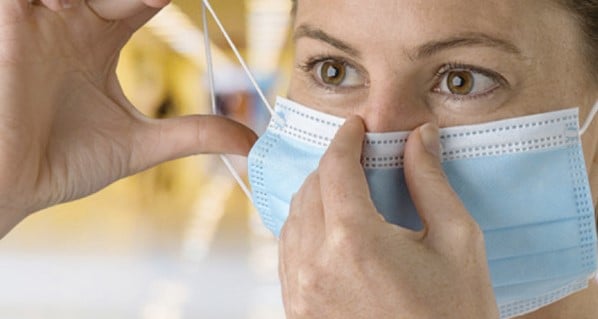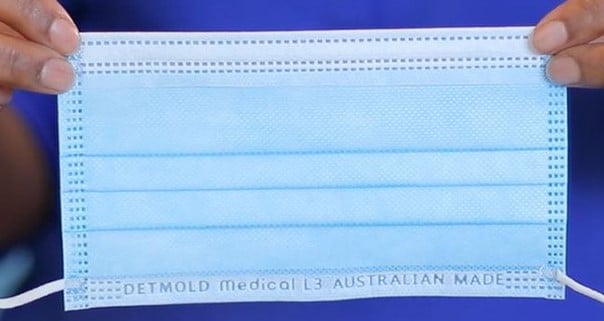More often than not, beauty industry workers, including nail technicians, beauty therapists and hairdressers, work in close proximity to their clients. For many salon owners, one of their biggest concerns during the COVID-19 pandemic was a lack of social distancing between beauty workers and clients during their treatment. The close contact left them exposed to infectious respiratory droplets and at risk of catching COVID-19. To help manage beauty salon health and safety risks, salon owners had to introduce extra hygiene procedures in line with government guidelines. Part of these measures included providing salon workers with personal protective equipment (PPE).
Although COVID-19 restrictions have eased, personal protective equipment (PPE) continues to be important for beauty industry workers. Here's what you should know about salon PPE.
What is salon PPE?
Salon personal protective equipment (PPE) is any equipment used by a beauty salon worker to keep them safe and healthy while on the job. Salon owners must protect their employees while they're at work. This means providing PPE to their employees and instructing them on how to wear PPE properly to protect against transmissible diseases, like COVID-19.
PPE is one way to protect beauty industry workers against respiratory droplets and body fluids, which can help to prevent the transmission of illness and viruses. It can also provide clients with extra reassurance that you take their health and safety seriously while visiting your salon for treatment.
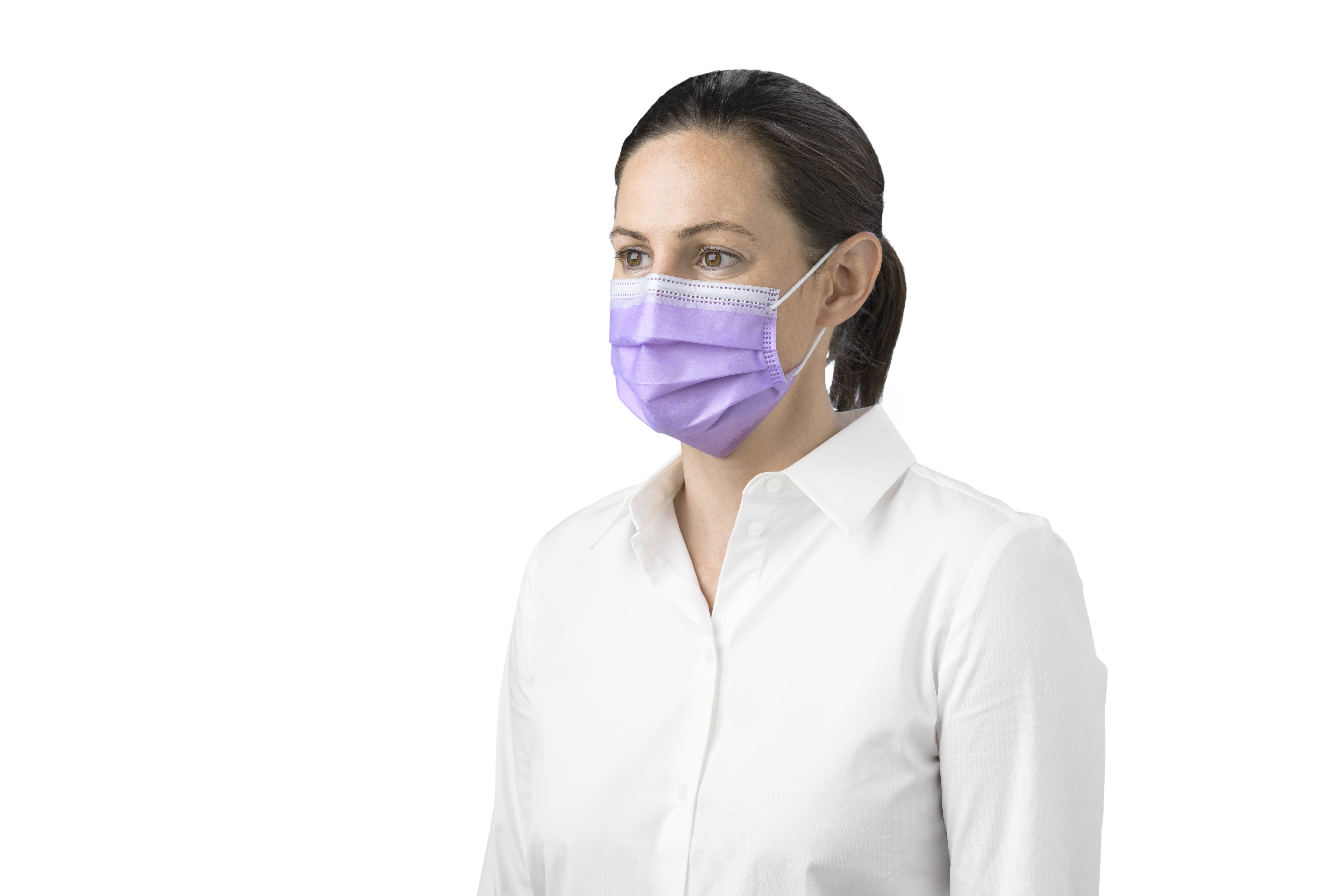
What personal protective equipment (PPE) is important for the beauty industry?
The type of personal protective equipment you need will depend on your individual business. From beauty salons to hair salons and nail bars, salon owners should conduct a risk assessment to determine which salon PPE is needed to protect their employees from health and safety risks at work.
Common salon PPE can include:
- Face coverings, like disposable salon face masks or face visors,
- Disposable aprons in place of washable ones,
- Eye protection, like goggles, safety glasses or face shields,
- Disposable towels,
- Disposable gloves or nitrile gloves for use with chemicals, and
- Perspex hygiene screens at reception desks and nail bars.
Providing salon PPE is just one way to protect workers and clients. It's also incredibly important to implement additional control measures and safety standards to keep your salon workers safe. These procedures also help clients feel safe while at your beauty salon. Here are some additional hygiene measures to consider:
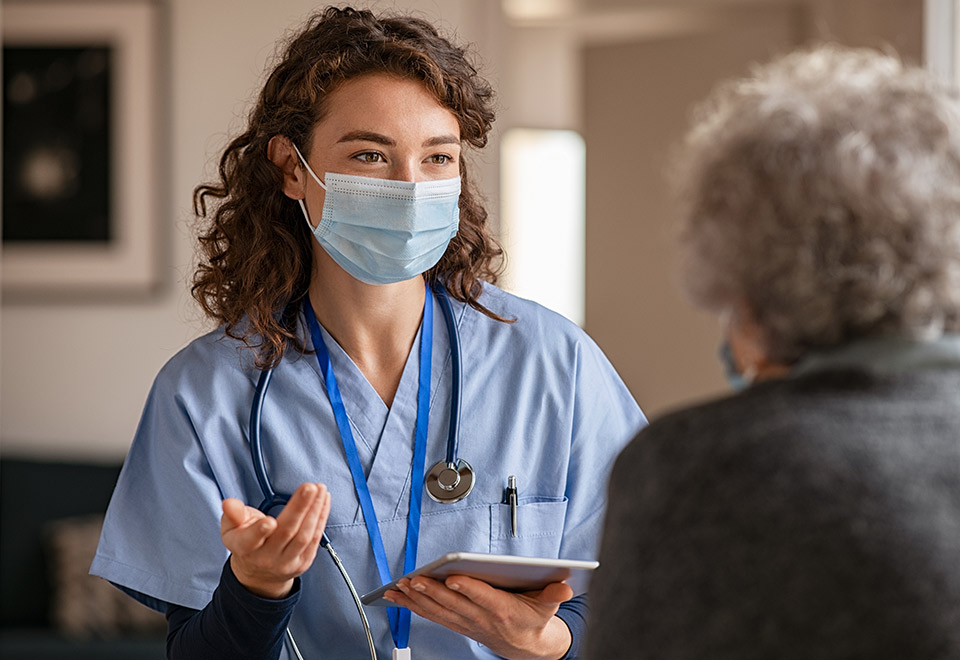
- Ensure workers practice good hygiene and wash hands regularly, even when wearing gloves. Hand washing is still regarded as the most effective way to prevent the virus spreading. Hand sanitiser should also be made available to clients before their treatment,
- Provide additional hand sanitising points around your salon to help reduce cross-contamination,
- Minimise close contact between workers and clients by encouraging physical distancing where possible,
- Increase cleaning and disinfecting measures around the salon and in treatment rooms,
- Encourage your staff to leave their salon uniform at work so it can be washed and disinfected after their shift, and
- Ask beauty salon workers and clients to stay at home if they're feeling unwell or experiencing symptoms of COVID-19.
Who should be wearing personal protective equipment?
While there are no current government restrictions in place for COVID-19, beauty salon owners should continue to consult their local state or territory government guidelines for the latest advice regarding salon PPE requirements. Beauty therapists, nail technicians and hairdressers often work in close proximity to their clients, making social distancing difficult to achieve. With this in mind, it's important for beauty industry workers and clients alike to wear the correct personal protective equipment (PPE) to reduce any potential risks during their beauty treatment.
Salon owners aren't obliged to provide PPE for their clients. And while there's currently no official requirement detailing clients' obligations to wear PPE while visiting beauty salons, hair salons or nail bars, it's not uncommon for clients and visitors to be asked to wear masks if they're going to be in close contact with beauty salon workers for the duration of their treatment.
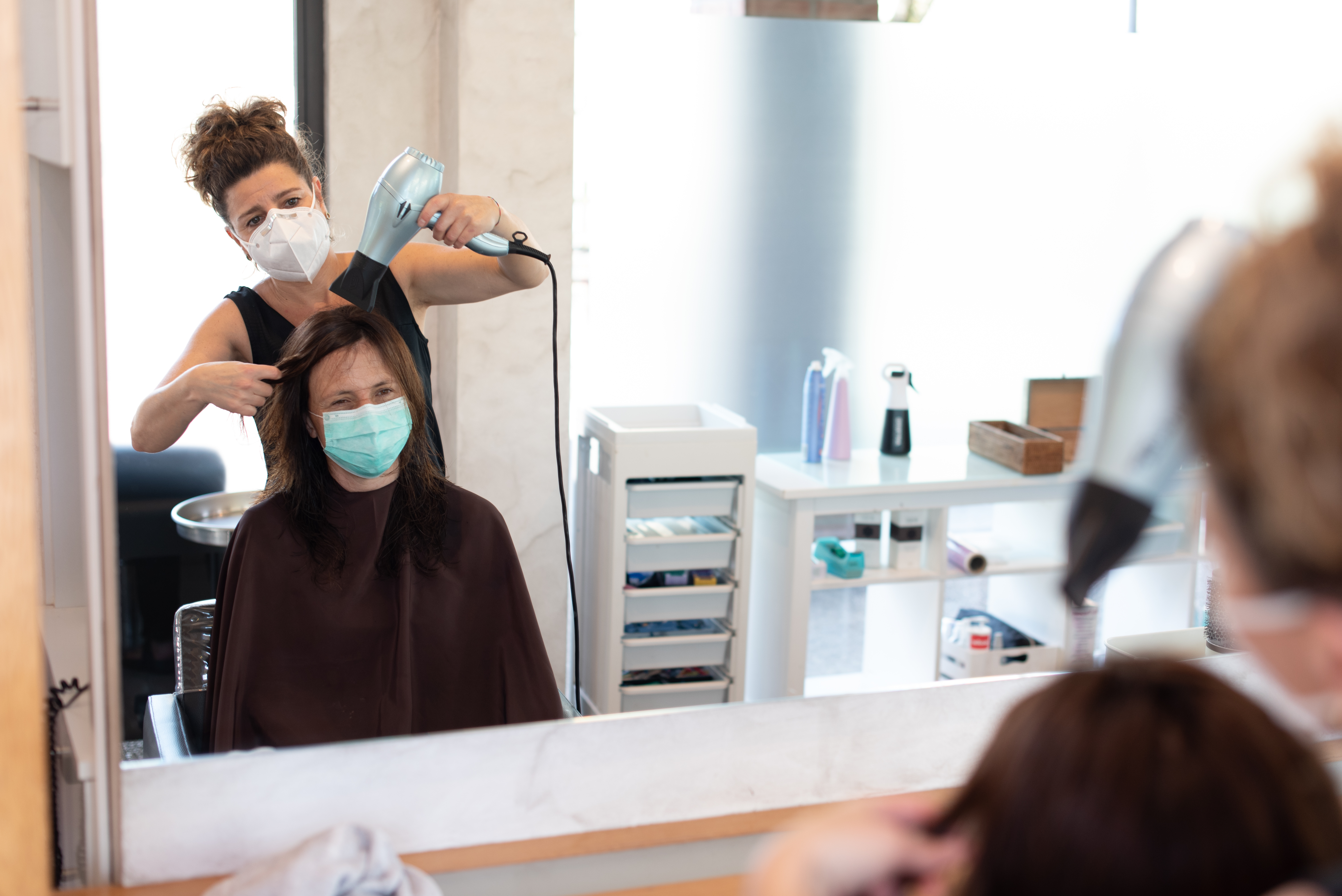
How to wear salon PPE
Regardless of what kind of PPE you use at your beauty salon, it's essential to make sure the person wearing it is doing so correctly to protect themselves and others against airborne viruses. Whether they're wearing a face mask, face shield, disposable aprons or gloves, always consult the product instructions for details on how to fit and wear the PPE.
What to do if your face mask is damaged?
Based on the Australian Government's advice, disposable face masks should be changed every four hours or when they become wet, dirty or damaged. When replacing your face mask, it's important to make sure you dispose of the used face mask correctly. Always wash your hands with soap and water or use hand sanitiser before and after handling your face mask. Remove your face mask by the ear loops and avoid touching the front of the mask before disposing of it in the bin.
Detmold Medical has a complete range of face masks and personal protective equipment (PPE) for use in the beauty industry.
